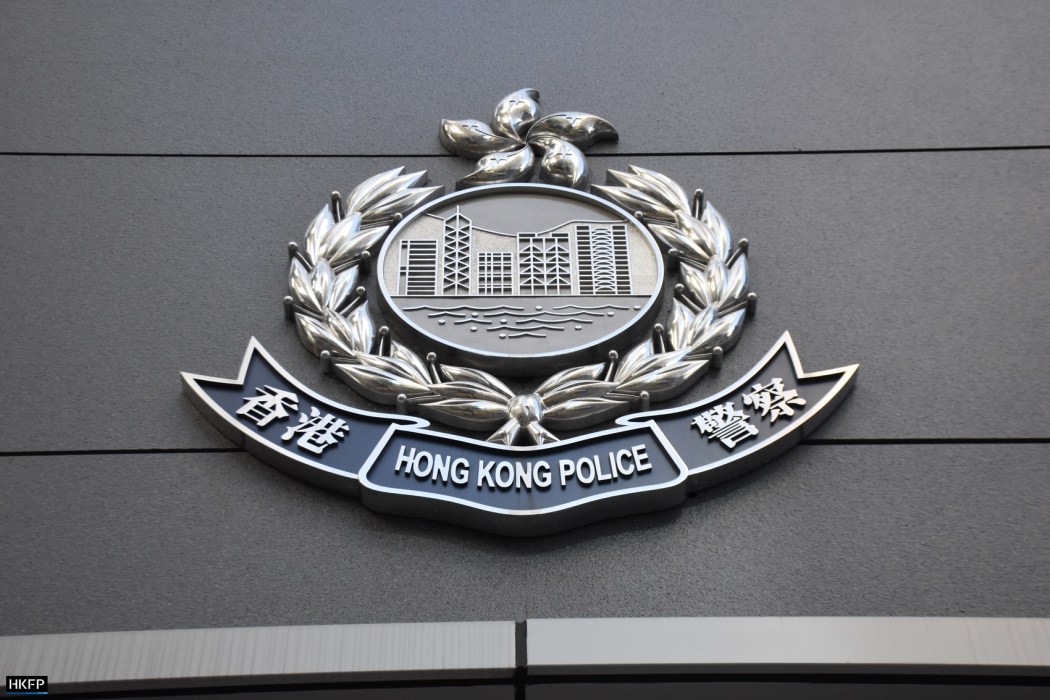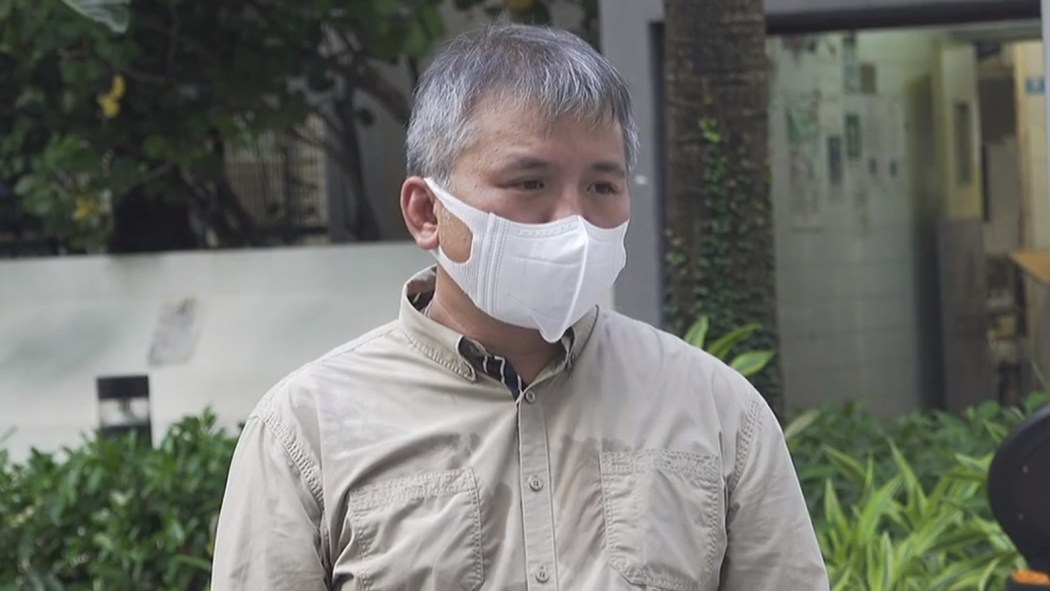Hong Kong’s police complaints body has rebutted a statement by the city’s press group which claimed the they failed to conduct proper investigations before deciding to probe only one of the 27 complaints of police misconduct towards journalists during the 2019 pro-democracy protests and unrest. The Hong Kong Journalists Association (HKJA) chief has, in turn, called the IPCC’s response “very unfair.”
In September 2019, the HKJA filed 27 complaints involving 26 journalists, accusing the force of causing bodily harm to reporters during the pro-democracy demonstrations, which sometimes turned into violent clashes between protesters and police.

But the Independent Police Complaints Council (IPCC), in a letter on Wednesday, accused the HKJA of airing “misinformation,” after they claimed the Council had “practically no function.”
Earlier this week, the HKJA announced that the internal Complaints Against Police Office (CAPO) had informed the group that it had classified 26 of the 27 complaints lodged in September 2019 as “not pursuable.”
In its statement, the group had said it was “not surprised” at the result, adding that the majority of complainants were willing to submit their personal information to the police. HKJA chairperson Ronson Chan had also suggested that the force did not actively investigate the complaints.
“It is blatantly inaccurate for the HKJA to depict that the IPCC ‘cannot overturn investigation results of CAPO’, ‘the IPCC’s monitoring role of the Police exists in name only’, and that the IPCC is ‘incapable of discharging its duties effectively’,” the complaints body wrote, referring to its power to interview people and request more information from CAPO.

The IPCC added that only nine of the 27 complaints had been submitted with photo and video evidence attached, and that CAPO had contacted the HKJA over 30 times in attempts to reach the complainants for their contact information and assistance with investigations.
“The Council has repeatedly appealed to complainants to provide detailed information as well as their contact methods. However, no cooperation from the HKJA or the complainants was secured, and thus the two-tier police complaints system could not perform its full functions. The IPCC expressed deep regrets in this regard,” the letter read.
IPCC ‘inadequate’
The IPCC is an official Hong Kong watchdog tasked with reviewing the work of the Complaints Against Police Office – a unit of the police force which investigates complaints. The Council reports directly to the chief executive and has faced criticism for lacking independence and the power to launch investigations or summon people. Its 999-page report on the citywide 2019 pro-democracy protests largely cleared the Force of wrongdoing.
In November 2020, the Court of First Instance ruled that the current police complaints system was “inadequate” and the government must fulfil an obligation under Article 3 of the Bill of Rights to maintain an effective mechanism. The government is appealing the ruling.
A panel of foreign experts withdrew from the IPCC during the protests, citing the body’s lack of independence and investigatory power.
‘Very unfair’
The HKJA chairperson slammed the IPCC’s accusations as “very unfair” in a response to HKFP on Thursday.

Chan admitted that not all 27 complaints were supported by photo and video evidence, though he pointed to one case where a foreign journalist shouted at riot police in 2019 for allegedly shooting projectiles within close range of reporters.
He questioned why the IPCC did not pursue all nine cases which were backed by evidence, saying it was “quite strange.”
“I have to recognise that not all 27 cases had many details or relevant evidence such as videos or livestreams, but they have mentioned that nine have evidence, so I feel it’s quite strange that after two years… they can’t follow these nine cases.”
He accused the security chief of airing misinformation by saying the HKJA was unresponsive, as they had been in touch by email, call and email: “Chris Tang saying that they have contacted us 30 times with no reply – I’m afraid it’s fake news… I feel quite sorry that Mr Chris Tang [is] always raising and giving some fake and unreal information about the issues [involving] JA.”
Chan and previously told HKFP that only one complainant had spoken to the police, citing an erosion of trust between the force and reporters during the 2019 pro-democracy protests and unrest.
Correction 21/10: A previous version of this article stated Chan had accused the IPCC of “fake news” – in fact, he made the comment about the security chief.
Support HKFP | Policies & Ethics | Error/typo? | Contact Us | Newsletter | Transparency & Annual Report | Apps
Help safeguard press freedom & keep HKFP free for all readers by supporting our team

LATEST FROM HKFP
HKFP has an impartial stance, transparent funding, and balanced coverage guided by an Ethics Code and Corrections Policy.
Support press freedom & help us surpass 1,000 monthly Patrons: 100% independent, governed by an ethics code & not-for-profit.











